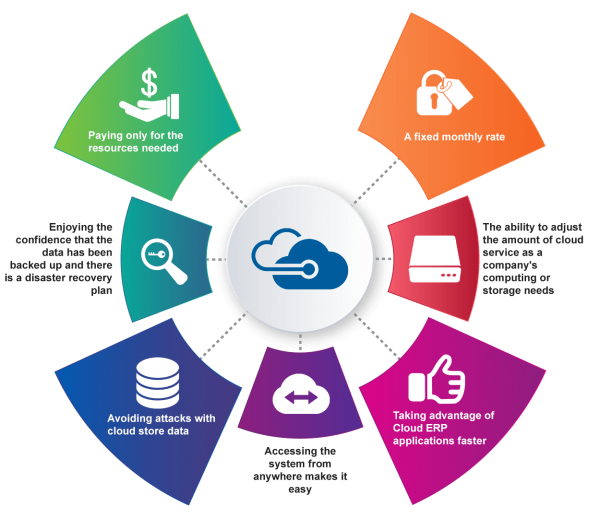
Fortifying Finance: The Power of Secure Virtual Desktop Infrastructure
Explore the transformative impact of secure VDI solutions on the finance industry, where they are elevating adaptability, bolstering security measures, and boosting overall productivity. Dive into our insights now to learn more.



